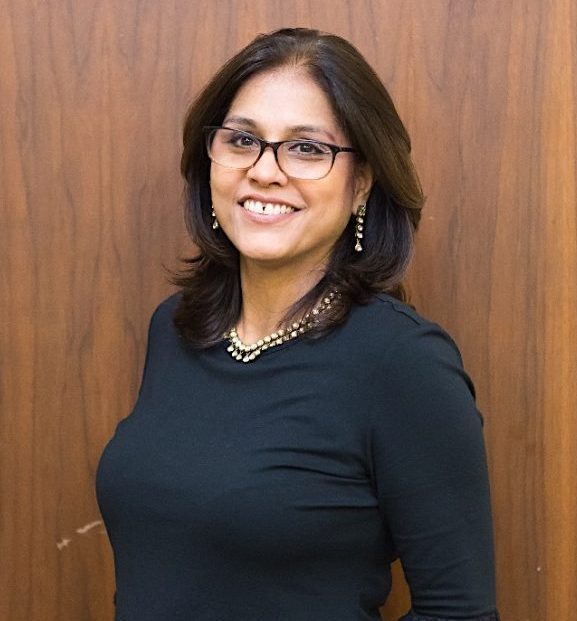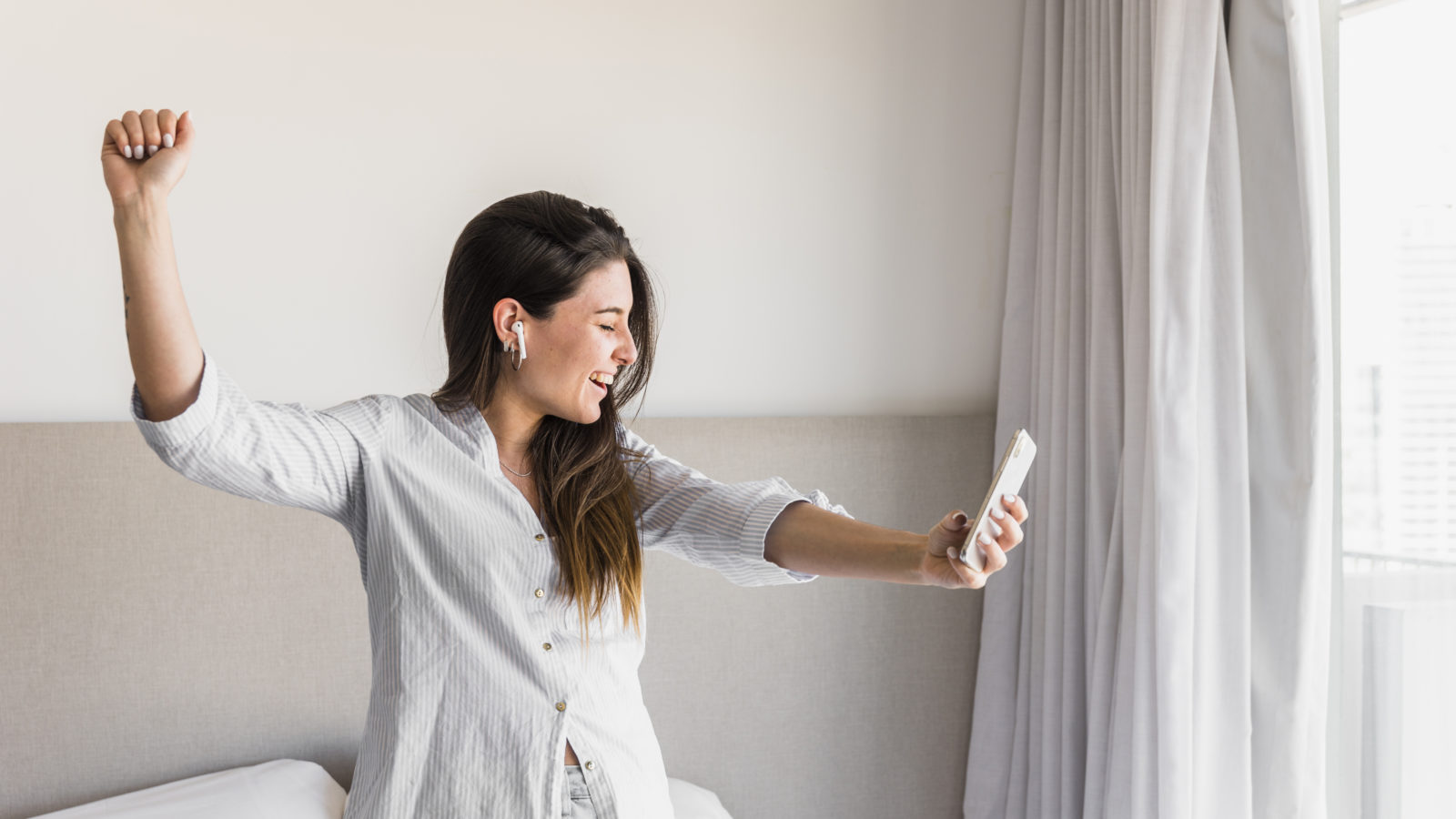On a good day, with her busy schedule of conference calls, Smita Rastogi was able to manage the feeling of isolation as she could ‘see’ her colleagues over a video call. Scheduling an exercise routine and eating healthy, on time, at home are one of the perks of WFH, which she benefitted from. What’s really hitting her now, is being grounded, literally and figuratively. The travel technology industry, of which she is a part of, is amongst the worst impacted by COVID-19.
This particular brand of WFH, as we are experiencing in this pandemic, has taken the discourse of mental well-being in the workplace, to a whole new level.
Understanding that the forced stay at home order is uncomfortable, unique, with no pre-assessed best practises, the isolation and trauma that stem from this situation are very valid struggles. Coupled with the economic meltdown and the increasingly fragile job environment, how are employees and professionals managing their well-being?
Zarina Stanford, reiterates that awareness plays a key role in early mental health detection. Recognising the triggers that disturb mental equilibrium and the sources that neutralise it, she consciously seeks those calming sources, when caught in a ‘shaky’ stage. Her umbrella of support includes friends and family, while fresh air buys her headspace.
Conversations with friends can be therapeutic, meaningful and outcome-driven. Along with practising self-coaching, Abhilasha Jha, reaches out to them to navigate the unknown and uncertain. Throw in some meditation and therein lie her solution of well-being.
Just like Anuprita Bhomick who has her trusted band of friends, with whom she shares her concerns, Heather Saville Gupta’s friends have her back, though she is open to receiving support from professionals, if a situation should arise. When negative thoughts do creep in, she pushes them away, replacing them with the comfort of her financially secure status. And in this way, she builds her resilience while appreciating her good fortune.
With the ability to see greatness in simplicity, Deepa Soman centres herself by staying in the present, being positive and grateful for the blessings in her life. Talking to her partner, writing, praying and meditating are her antidotes to mental affliction.
An issue that can impact the state of mind is empty space. A client-facing role in the times of a pandemic and a business lockdown, means cancelled meetings and ‘empty’ time for Rachele Focardi. Feeling subconsciously tied to the time, she wonders if it is okay, to leverage this time as an official downtime or should one wake up just as early as one would for office and sit in front of a computer even though there’s not much work happening? Is it okay to leverage this downtime for activities outside of work? And then ramp it up, at a different time when business is picking up? She seeks real answers to these hard questions on the integration of work and life, believing that these should be categorically dealt with. And if not addressed, can impact mental health. While her dilemma lingers, Priya Khanna, suggests not feeling guilty if one gets done with office work early.
Heather encourages her team to utilise this downtime to focus on ‘important but not urgent’ tasks. Learning, reading, health and networking. This approach is what will sustain team morale and motivation, de-risking productivity, while employees are in the WFH mode.
Rachele believes that things happen for a reason. So she doesn’t usually allow herself to be overly stressed out about situations she has no control over. This faith has simplified her life, making it quite easy for her to accept the curve balls that life throws at her. It has also allowed her to make pretty daring moves at specific times of her life without really having safety nets. And, she continues to bat on her faith to take her through these quarantine times.
Motivation takes a different meaning for Mariko Braswell. Working with external advisors, feedback and engagement is a regular feature in her ambit of business, not an enforced element required to ensure productivity or BAU during this lockdown. On the home front things are a bit different. Strictly following what the doctor ordered, Mariko is socially distancing but remotely connecting, as she revives her past links with family and friends. A trending activity, will this form of pandemic-induced bonding lose its charm once the lockdown is lifted? Other than that, her evenings are family-only, closed for business.
While Prachi Panda has a job that is not vulnerable to the present, downward economic spiral, she is witnessing a general air of disenchantment around her. Being at home for an extended time, with no known expiry date, even Netflix compounds into mere screen time, she says. Netflix fatigue is a real thing. Her solution to managing isolation, a trigger to anxiety, kissing distance from depression, is to give being-at-home a fair chance. Value the time at home, learn something new and stretch the neck outside of screens.
(The article is part of a series of perspectives as a result of the Coronavirus lockdown)


